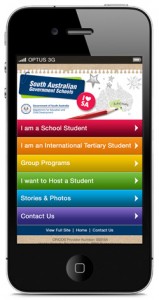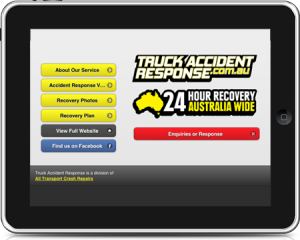With mobile internet browsing set to overtake desktop browsing in just a few short years, having a mobile presence is becoming evermore important.
Many people out there approach us wanting an ‘app’ to complement their wbsite. That’s all well and good, but interestingly we’re finding that people don’t actually know the difference between an ‘app’ or a mobile website, and more often than not, what they actually need is a mobile website!
The difference is an important one, so we’ll take a look at both here….
What’s an App?
An ‘app’, or native application, is a piece of software that can run on a mobile device (tablet or phone). Some apps come pre-installed on a device, but most need to be downloaded from the relevant ‘app store’. Some of the main points:
- Apps are are able to perform core functions with the device such as utilising the phone camera (e.g. Instagram), geolocation services, and so on.
- Apps are the best option for games, providing superior graphics.
- Some apps can also sometimes be used in ‘offline mode’, requiring no internet access.
- Apps must be written in the native language of the device you wish it to work on, often requiring specialist technical knowledge which can be costly for development.
- Apps must be approved by the relevant app store before being offered for download. This process can be time consuming and often when an app is not approved, little or no feedback is provided as to why.
- You have to rely on users realising that you have an app, and then going to download it from the app store.
Some great examples of ‘apps’ that have made (a lot) of money include clever photo editing and sharing app Instagram, the ever-addictive and hugely popular Angry Birds, and the note taking/archiving app that can be synced across all your devices, Evernote.
What’s a Mobile Website?
Exactly as it sounds, this is a website that can be accessed through any browser on any mobile device. Quite often they are just simplified versions of the desktop website that are designed to fit within a smaller screen size – meaning they are easier to navigate and quicker to load.
- Mobile sites can be accessed by any device using any browser ensuring cross-platform compatibility.
- Dynamic layout techniques mean that a site responsively adapts to fit the screen that it is being viewed on – whether a small phone, or a larger tablet device.
- They require no download or cost by the user, and can be found through many means.
- As they don’t have to be submitted to a third-party for approval before being put online, they can be deployed faster and updated in real time.
Some great examples of very popular mobile websites include international retailer Asos, and Australian clothing retailer SurfStitch. Just make sure you’re accessing these on your mobile device for optimal viewing!!
Ultimately the end decision on which is better is highly dependent on the individual business’ situation. For some, while an app is more costly it will provide a superior level of engagement. While for others, a mobile website is perfectly suitable. Or perhaps a combination of the two is better?
If you’re unsure about what is best for your business, or if you’d like more information on getting mobile online – please call DBG Technologies on 1300 723 618.
If you’d like to see some of our mobile website work, check out these great case studies:


